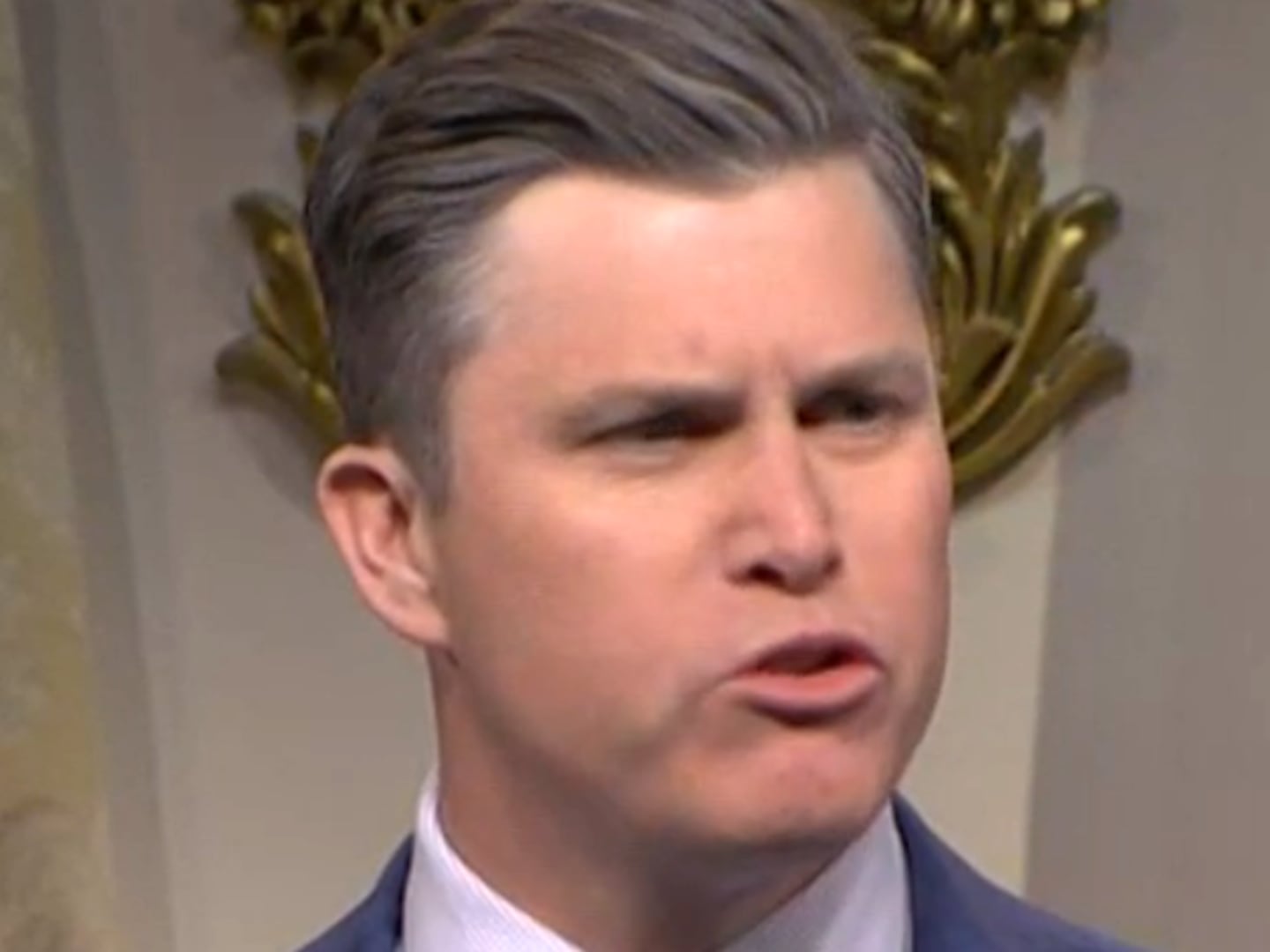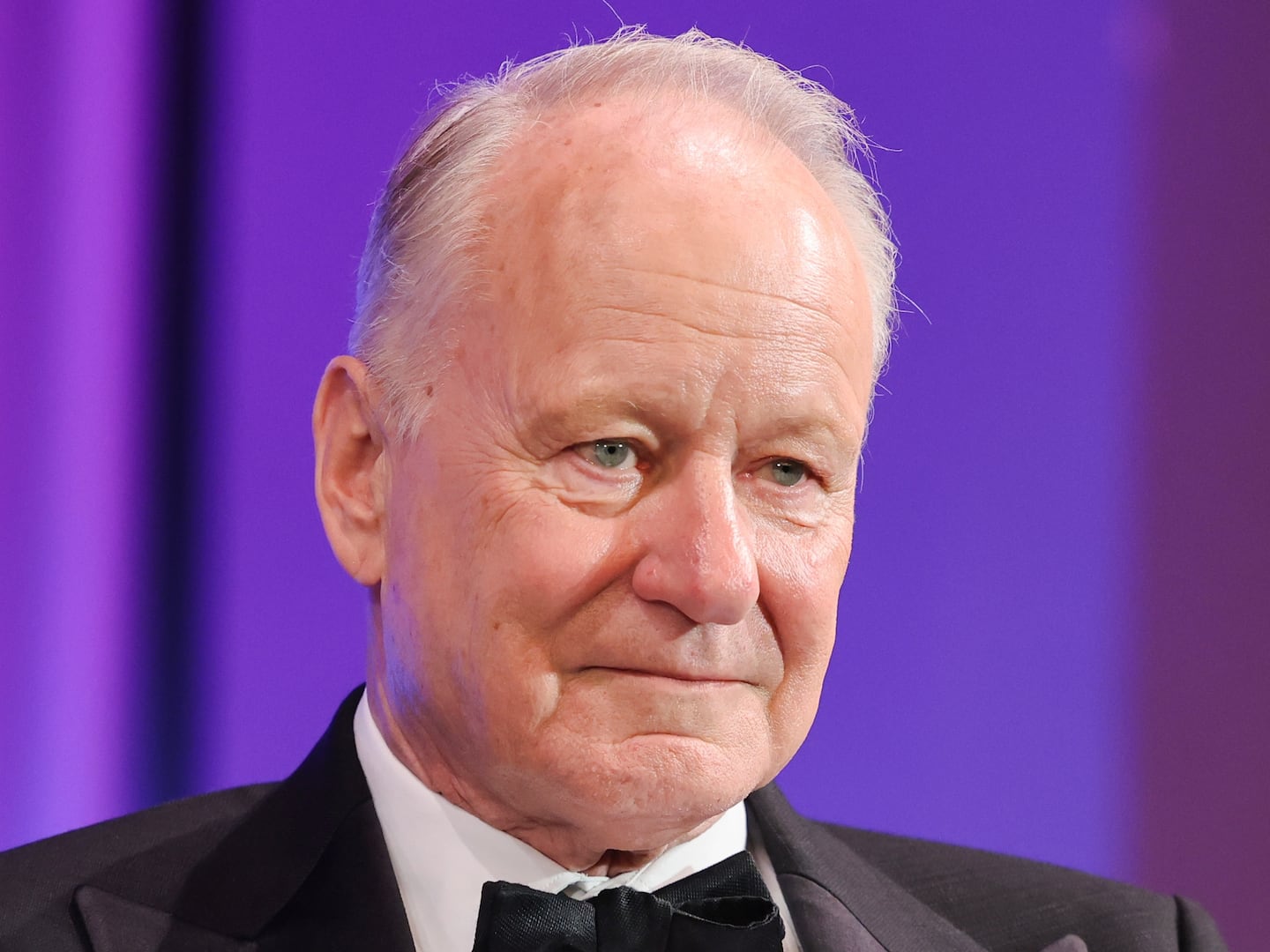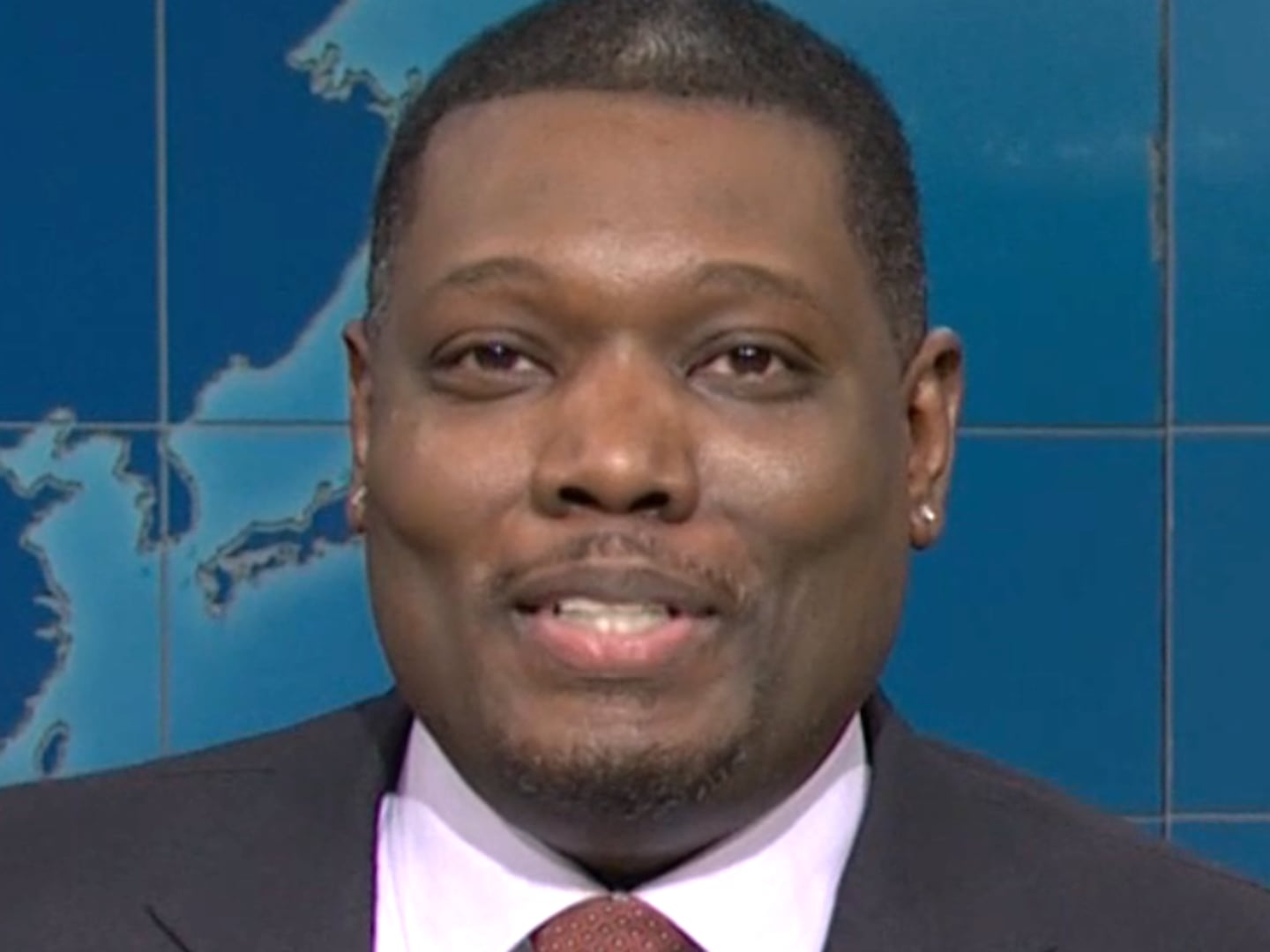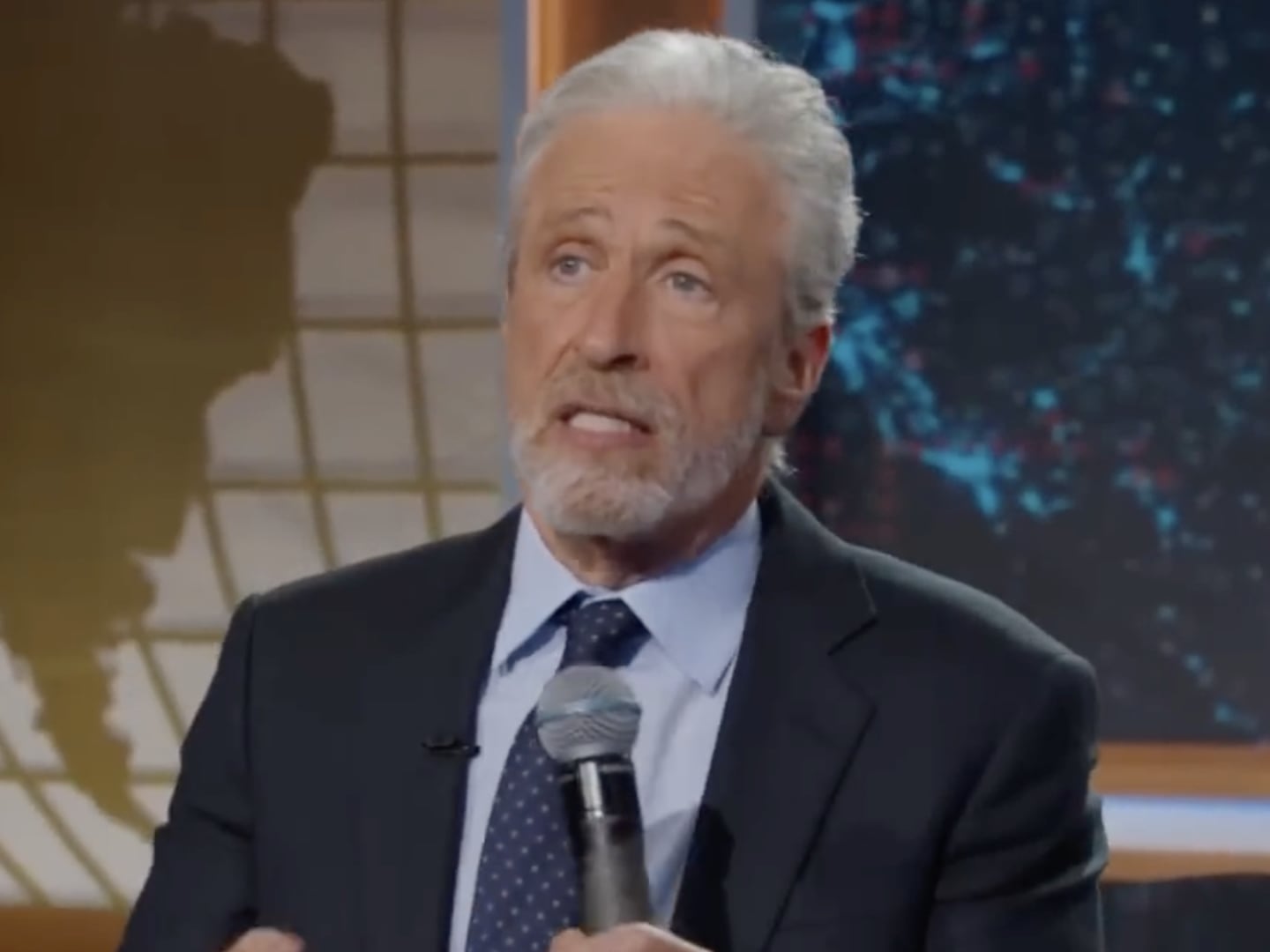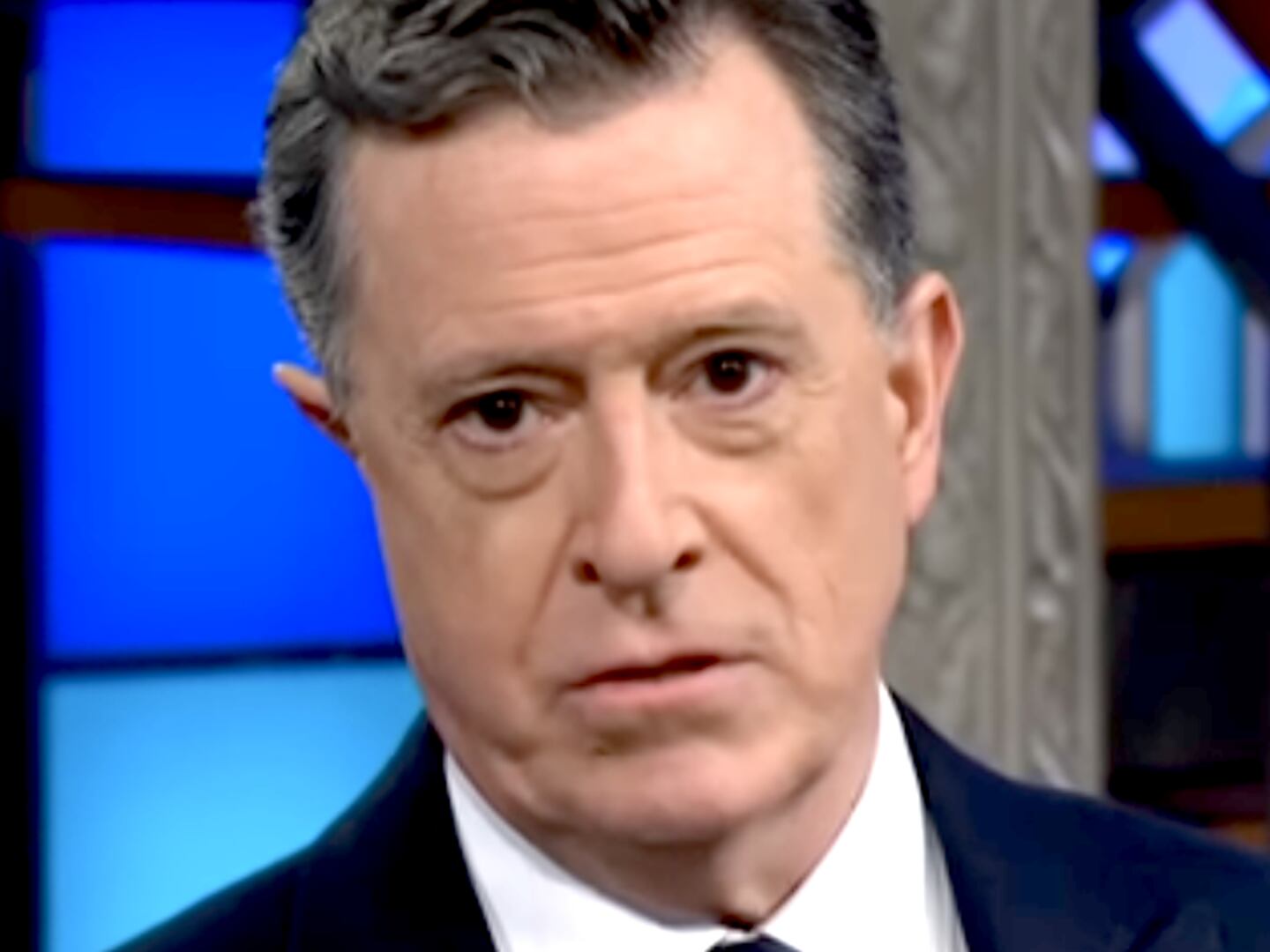Fake noses, blemished skin, and caked-on makeup for a dramatic transformation is a tried-and-tested guarantee to get everyone fawning over an acting performance and entering a hotly contested awards race. This often happens when a character is based on a real person, and can be incredibly distracting—see Renée Zellweger and Sarah Paulson. But there are other recent examples when it could be, well, quite brilliant.
May I make the case for Mandy Moore?
Ever since its 2016 debut delivered its surprise twist—it was 1980?!—This Is Us has explored a time-spanning narrative in its depiction of the Pearson family’s veritable mountain range of highs and lows. Early seasons were dominated by the mystery of how Jack Pearson (Milo Ventimiglia) died—the Crockpot is the original Peloton—while the Big Three (aka Kevin, Kate, and Randall) jostled for attention.
Mandy Moore has played Pearson matriarch Rebecca across at least seven decades, and she is, without doubt, the beating heart of the NBC drama. Other cast members have since joined Moore in the aging makeup process, but the actress is the only cast member that appears in each era.
The penultimate episode, “The Train,” celebrates Rebecca’s “big, messy, gigantic, spectacular” life as the glue that holds the family together, and Moore’s vibrant performance is the emotional tether that makes this possible. Not many actors get to play a character throughout their entire adult life. While it isn’t quite birth to death like Brad Pitt in The Curious Case of Benjamin Button, Dan Fogelman’s series has given Moore a rich timeframe and milestones to explore.
If you thought previous seasons had been a sob fest, not even Jack’s untimely demise required as many tissues as I have used during this final outing. At first, the Pearsons skipped ahead to the near future where the pandemic is no more (there was a valiant but bumpy effort to incorporate COVID-19 last year), and Rebecca’s early-onset Alzheimer’s is being monitored. Kate’s (Chrissy Metz) wedding marked a shift, and the back half of Season 6 has progressed to the point where she needs 24-hour care. It is an ambitious storyline about elder care and facing the end of life for a 38-year-old actress to undertake, but it’s one that Moore has deftly tackled.
The last time Moore was nominated for an Emmy was three years ago. If it doesn’t happen again this year, we will rage.
You can’t separate Moore’s genius work from that of makeup department head Zoe Hay. Rebecca’s aging has been a factor since the first season. For context, this character was born in 1950, so any present-day scenes put Rebecca in her sixties or seventies, which, obviously, Moore is not.

In fact, all three actors playing her adult children are older than her IRL. The shifts are subtle at first (including the wig work by hair department head Michael Reitz), but now that this character is in her eighties, heavier prosthetics are required. None of this masks Moore's emotional depth, whether tenderly playing with her grandchildren, sitting her adult children down to lay out her health-care plan, or mistaking her son Kevin (Justin Hartley) for her dead husband.
Often, Moore appears in flashbacks raising the Big Three at various ages (as well as showing pre-motherhood) in the same episode as the older counterpart. The makeup transition isn’t like those aforementioned distracting examples. (Which is to say, it isn’t absolutely horrifying.) Sure, the makeup team is at an advantage because they’re not trying to make the actress look like a well-known figure. But let’s be clear: aging a thirtysomething by at least three decades in episodes that also feature her youthful glow is no small feat.
Take this season’s final Thanksgiving installment, “Taboo,” which chronicles the newly engaged Rebecca and Jack hosting Rebecca’s WASPy parents in the 1970s, a gathering in 1999, and the present-day celebration overshadowed by the Alzheimer’s elephant in the room. It is an episode focusing on complex relationships between mothers and daughters, highlighting Moore’s range—and Moore must have that range in three different decades spanning 50 years.
Rebecca’s contradictions are on display in each era, such as her desire to prove to her judgemental mother that she can be a domestic goddess while also showing her independence. Dipping her toe back in the dating waters is met with some resistance in the middle timeline, as Jack died just the year before, and feelings for Jack’s bestie Miguel (Jon Huertas) further complicate matters for the nearly 50-year-old mom. Expectations fuel tensions. And if you’re a fan of this show, you know that a holiday gathering will always turn the Pearson drama dial all the way up.
In the present-day Thanksgiving hosted at the family cabin, she makes her voice heard when it matters most. “When dad died, it was a shock, right? We were all left scrambling, trying to figure out our roles and how to move on. And the one silver lining of this awful disease is that I have the opportunity to make a plan, to try to ease some of the burden,” Rebecca begins. It is a catch-in-the-throat start to this monologue that This Is Us excels at—and why Kleenex could sponsor the show.
Rather than interrupt, her three children actually sit and listen for once as she gets to why she has picked Kate to make Rebecca’s decisions when the day comes that she cannot. She goes on to lay out her other wishes for them, and damn this show for making me cry while I type this out:
“You will not make your lives smaller because of me. This thing that’s happening to me will not be the thing that holds you back. So, take the risks. Make the big moves, even if they’re small moves. Forge ahead with your lives in any and every direction that moves you.”

As I struggle to see the screen through blurred eyes, it is because I can hear Moore’s inflection that hits all the emotional notes. If she does receive a nomination, “Taboo” showcases her skills playing Rebecca’s strengths, insecurities, doubts, and drive. Actors have won Emmys for playing multiple characters at once (think Tatiana Maslany in Orphan Black), but Moore’s grasp of the subtle shifts in each era is also a wonder to behold.
It doesn’t (or shouldn’t) matter that This Is Us is a network show in a sea of cable and streaming contenders or that Moore has a pop music and schmaltzy YA movie past. Perhaps, this does go against the “prestige” factor (cue eye-roll), but she has more than proved herself. One of this season’s most poignant moments avoided a mawkish mood because of Moore’s ability to hold our teary gaze through song. “The Day of the Wedding” is as the episode title describes, but Kate’s second time down the aisle is broken into manageable chunks to accommodate her mom’s health.
A slight time jump after the dissolution of Kate’s first marriage in the previous episode accounts for Rebecca’s decline, including seeing Jack where Kevin is sitting. Rebecca’s lucidity comes and goes, so a planned performance of “The Forever Now” at Kate’s reception is not a sure bet. The original song incorporates a familiar piece of This Is Us score, which would be emotional enough, but then Moore begins to sing, and I turn into an ugly-crying mess.
It is far from the first time Moore has sung a song for a weepy story (think “Only Hope” in A Walk to Remember), but the lower register she uses is a way to age this character that goes beyond makeup and posture. After this episode aired, Sterling K. Brown highlighted on Instagram how, when the ensemble works as a collective, “it’s just like the best music.” He then singled out Moore for her work on the show (“She’s killing the game, and she deserves to be recognized”). It is hardly unusual for a co-star to do so, but this call to arms to get his on-screen mother awards attention is a battle cry I will gladly join.
Big scenes that leave it all on the field are not the only place the actress has excelled this year. In that same wedding episode, flashbacks show Rebecca in the 1980s getting her hair chopped to mimic Princess Diana and break the monotony of her life. It is a low-stakes thread in contrast to the main storyline (that also gives Jack’s mustache an origin story), but still impactful.

And one of my favorite final season episodes mixes humor with dread. “Saturday in the Park” sees Rebecca get sloppy drunk on her anniversary with Jack, which illustrates Moore’s comedy timing while dealing with a crisis in the present, when Kate’s visually impaired toddler son takes an unsupervised walk to the park.
Laughing and crying are two This Is Us staples, and this recalls a moment in the second season that has never left me. When Rebecca finds out Jack is dead, she takes a bite of the candy bar she has just bought from the hospital vending machine. This moment haunts her, and weird little details like this make Fogelman’s series stand out beyond its cry-fest reputation.
OK, yes, I have mentioned crying multiple times, so I am not helping dispel that notion. In 60 seconds, she cycles through denial to uncontrollable grief when she sees Jack’s lifeless body, but I still think about that bite. The final season is full of big and small life events contributing to all the worry and smile lines on Rebecca’s face. The magic of makeup crafts the wrinkles on Moore’s face, but my tears are real—and so are Moore’s Emmy chances.




